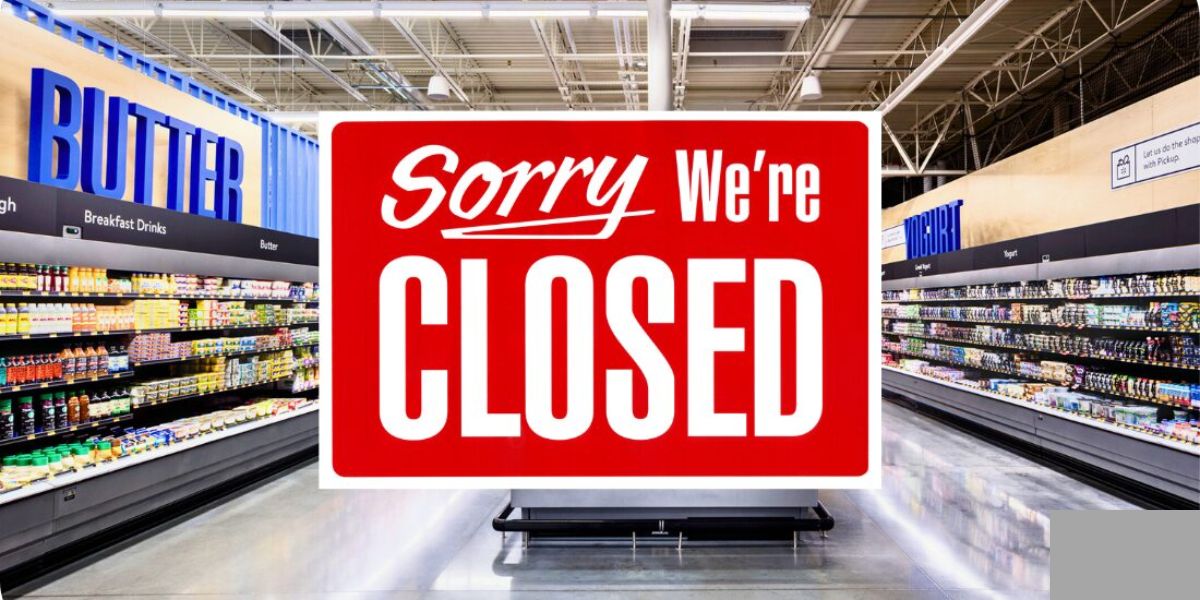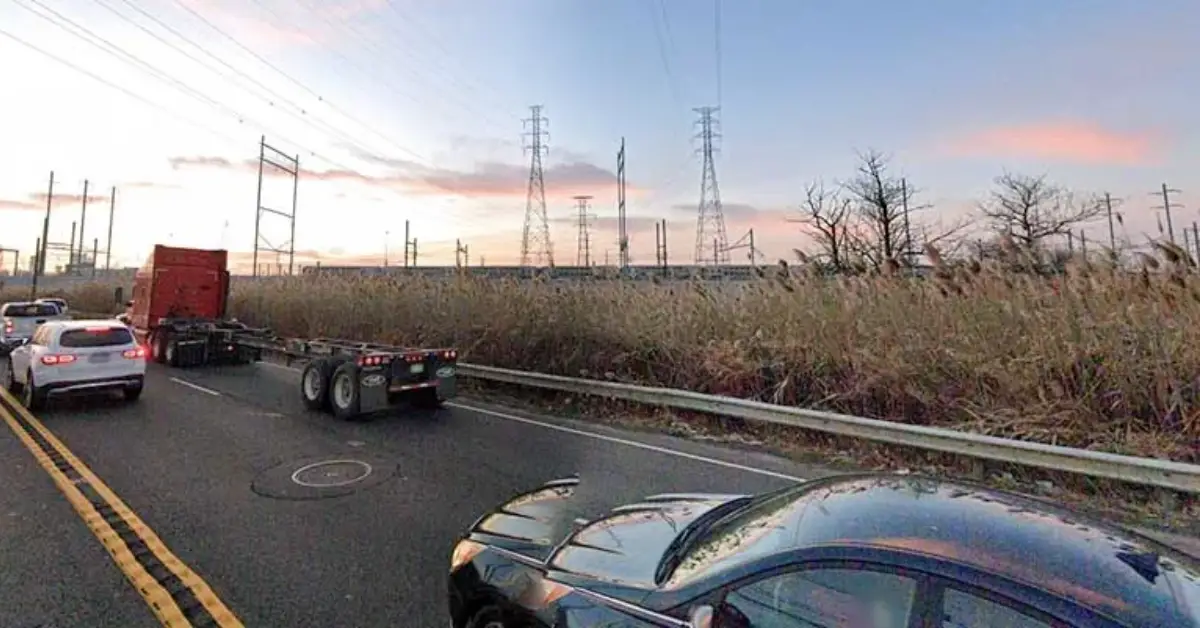Local health departments in Indiana are facing a serious crisis after recent state budget cuts drastically reduced their funding. This move has left many public health workers and community leaders worried about how basic health services will continue to run, especially in smaller towns and rural areas.
The funding changes were part of a major policy shift under Governor Eric Holcomb’s administration, where the state chose to invest more in regional health districts instead of directly supporting local health departments. While the idea was to improve long-term coordination across regions, the result has caused immediate financial strain for many local offices.
In May 2024, Indiana’s State Department of Health changed the way it distributes public health funding. Instead of providing money to county health departments individually, the state now routes that money through regional “health districts.” These districts are clusters of counties meant to work together on public health issues. But in practice, many local officials say the new system is confusing and leaves them with fewer resources.
For example, in places like Madison County, local officials say they’ve lost over 70% of the state funding they previously received. Before the change, they got about $1 million from the state. Now, that number is closer to $300,000. Similar stories are coming from counties like Delaware, Grant, and Howard, where health workers are already stretched thin.
Local health departments are in charge of important things like vaccinations, restaurant inspections, emergency preparedness, and preventing disease outbreaks. Many of these tasks rely on steady funding and experienced staff. With the sudden cut in resources, several departments are being forced to reduce their hours, delay programs, or lay off staff.
Health experts have warned that this could lead to serious consequences for public safety. One public health officer from a northeastern Indiana county explained that their team will now struggle to conduct community outreach and may have to limit free vaccine drives or school health checks. For smaller communities that rely heavily on local departments, the impact could be even greater.
Critics of the new funding model say it was rolled out too fast and without enough input from local officials. Some counties say they were not properly told how the system would work, while others argue that the regional partnerships are uneven. In some districts, larger counties are getting the bulk of the funds, leaving smaller neighbors to figure out how to make do with what’s left.
Governor Holcomb and state health officials have defended the decision. They say the new system will eventually allow for better use of public health money across counties and give smaller departments access to more resources through sharing. However, many local leaders say that support has not arrived yet, and they’re being asked to do more with much less.
The change is also creating confusion about hiring and planning. In the past, local health departments could hire directly using state funds. Now, many departments must get approval through regional administrators or wait on budget decisions that involve other counties. This has slowed down hiring processes and made it harder to respond quickly to health needs.
Some lawmakers are now calling for a review of the program, asking the state to consider pausing the rollout or adjusting how funds are split. County commissioners, especially in areas with limited local tax revenue, say they simply can’t afford to make up for the cuts on their own. They worry that without more immediate help from the state, public health outcomes will worsen in the coming months.
The situation is especially troubling as many communities are still dealing with post-COVID recovery, including mental health needs, long-term care issues, and rising drug use. These challenges require consistent funding and a strong local presence—something that’s now at risk.
Residents are starting to feel the effects too. In some places, people are reporting delays in getting vaccines or birth certificates. In others, free community health events are being canceled. Public health officials are urging residents to speak up and demand better support for local services.
As the funding crisis continues, the future of Indiana’s local health departments remains uncertain. Whether the state will adjust its strategy or provide more support to struggling areas remains to be seen. Until then, the people most affected are those who depend on these services the most—children, the elderly, and low-income families who rely on public health programs for care and safety.




